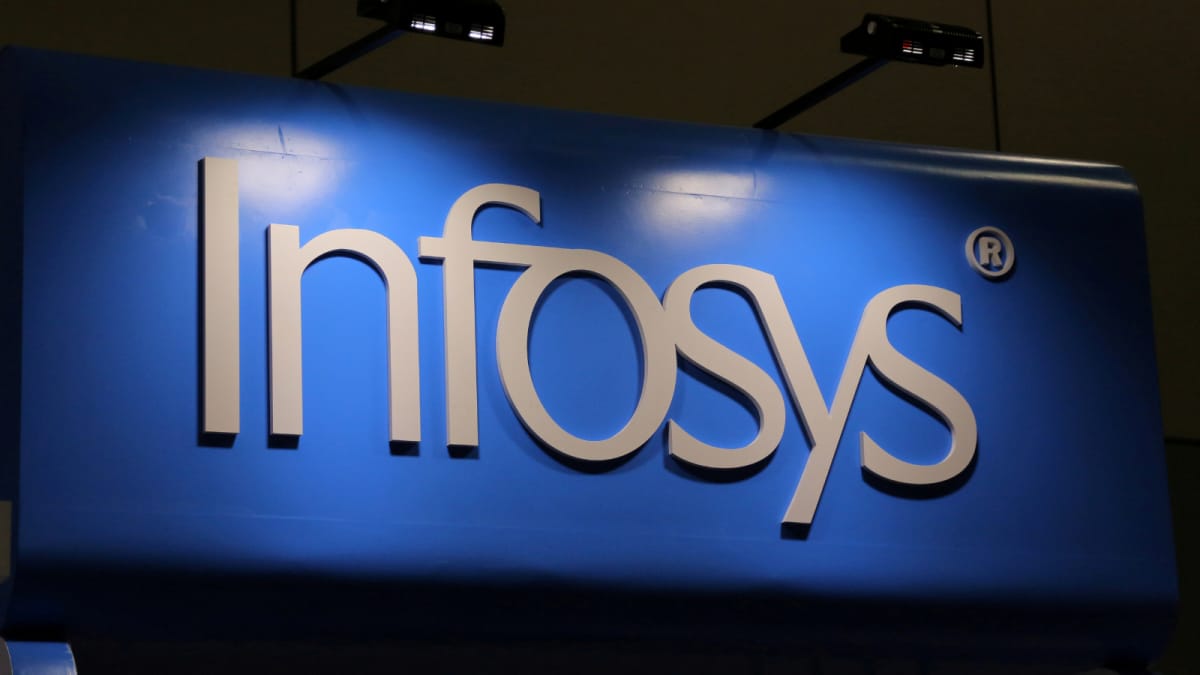Business
Jaguar Land Rover shutdown extended again after cyber attack

Jaguar Land Rover (JLR) has confirmed that production in its factories will remain suspended until next month at the earliest.
The business secretary and industry minister are visiting JLR on Tuesday for the first time since the cyber attack to meet with the company and firms in the beleaguered carmaker’s supply chain.
The company has been unable to produce cars since the cyber attack at the end of August forced it to shut down its IT networks, and fears are growing that the company’s suppliers could go bust without support.
JLR has confirmed that its factories – including its UK facilities in Solihull, Halewood and Wolverhampton – won’t resume operations until at least October 1.
“Our focus remains on supporting our customers, suppliers, colleagues, and our retailers who remain open,” JLR said in a statement confirming the shutdown extension.
“We fully recognise this is a difficult time for all connected with JLR and we thank everyone for their continued support and patience.”
Sources previously told the BBC the disruption could last into November.
Industry minister Chris McDonald said he was visiting JLR alongside Business Secretary Peter Kyle to “host companies in the supply chain, to listen to workers and hear how we can support them and help get production back online.”
He said in a statement: “We have two priorities, helping Jaguar Land Rover get back up and running as soon as possible and the long-term health of the supply chain.
“We are acutely aware of the difficulties the stoppage is causing for those suppliers and their staff, many of whom are already taking a financial hit through no fault of their own – and we will do everything we can to reassure them that the government is on their side.”
Suppliers are anxious to be heard, according to Johnathan Dudley, the head of manufacturing for accounting and consulting firm Crowe UK. The firm is based in the West Midlands, which is where the Solihull and Wolverhampton plants are.
“Obviously, they’re being very, very cautious because they don’t want to create panic, and equally, they don’t want to be seen to be criticising people further up the chain,” he told BBC Radio 4’s Today programme.
“It’s not a blame game, but it is a cry for help, because there are businesses now seeing people not paying [staff].”
The halt in production had hit profits by about £120m already, and £1.7bn in lost revenue, according to David Bailey, Professor of Business Economics at the University of Birmingham.
JLR is currently taking the lead on support for its own supply chain, rather than any state intervention.
One of the country’s largest trade unions, Unite, called for a furlough scheme for staff of JLR suppliers, after reporting that some workers were being told to apply for Universal Credit.
Unite said staff were being laid off with “reduced or zero pay” following the hack, which has forced the carmaker to shut down its IT networks and halt production.
Business
Without Rera data, real estate reform risks losing credibility: Homebuyers’ body – The Times of India

New Delhi: More than 75% of state real estate regulators, Reras, have either never published annual reports, discontinued their publication or not updated them despite statutory obligation and directions from the housing and urban affairs ministry, claimed homebuyers’ body FPCE on Friday. It released status report of 21 Reras as of Feb 13.The availability of updated annual reports is crucial as these contain details of data on performance of Reras, including project completion status categorised by timely completion, completion with extensions, and incomplete projects. The ministry’s format for publishing these reports also specifies providing details such as actual execution status of refund, possession and compensation orders as well as recovery warrant execution details with values and list of defaulting builders.FPCE said annual report data is not only vital for homebuyers to assess system credibility, but is equally necessary for both state and central govts to frame effective policies, design incentivisation schemes, and develop tax policy frameworks.“Unless we have credible data proving that after Rera the real estate sector has improved in terms of delivery, fairness, and keeping its promises, we are merely firing in the air,” said FPCE president Abhay Upadhyay, who is also a member of the govt’s Central Advisory Council on Rera.As per details shared by the entity, seven states — Karnataka, Tamil Nadu, West Bengal, Andhra Pradesh, Himachal Pradesh and Goa — have never published a single annual report since Rera’s implementation, and nine states, including Maharashtra, Uttar Pradesh and Telangana, which initially published reports, have discontinued the practice.Upadhyay said when regulators themselves don’t follow the law, they lose the legal right to demand compliance from other stakeholders. “Their failure emboldens builders and weakens the very system they are meant to safeguard,” he said.
Business
Infosys Rolls Out 85% Average Performance Bonus In Q3FY26, Best In Over 3 Years

Last Updated:
Over recent quarters, payouts had gradually improved from roughly 65 percent to 80 percent and now to an average of about 85 percent in Q3FY26.


Infosys logo is seen.
IT major Infosys rolled out performance bonus payouts averaging around 85 percent for the quarter ended December 31, 2025 (Q3FY26), marking the strongest variable pay outcome for eligible employees in at least the past three-and-a-half years, Moneycontrol reported citing people in the know.
The bonus payout for mid- to junior-level employees ranges between 75 percent and 100 percent, with most employees clustering around the organisation-wide average of 85 percent, the report said. The development signals a steady recovery in variable compensation at the Bengaluru-headquartered IT services firm. Over recent quarters, payouts had gradually improved from roughly 65 percent to 80 percent and now to an average of about 85 percent in Q3FY26.
Employees are expected to receive their bonus letters over the next few days, with the payout scheduled to be credited along with their February salary.
One employee told the outlet that it is the strongest bonus outcome seen in recent years. The payout is also among the rare instances since the Covid-19 period when variable pay has approached the upper end of the eligible range.
Infosys last paid out 100 percent variable compensation during the pandemic. In the quarters that followed, payouts were lower amid macroeconomic uncertainty and a broader slowdown in client spending across global markets.
The higher payout comes at a time when global IT stocks have faced renewed pressure, driven by concerns over rapid advances in artificial intelligence and their potential impact on traditional IT services models.
Shares of global IT firms have seen sharp sell-offs in recent weeks amid heightened investor focus on AI leaders such as Anthropic. Investors fear that generative AI tools could compress pricing, automate routine services work and reduce demand for legacy outsourcing models.
Against that backdrop, the improved bonus payout at Infosys is being viewed as a signal of operational resilience and near-term performance strength, even as sentiment around the broader IT sector remains cautious.
February 13, 2026, 21:44 IST
Read More
Business
Why you should consider switching bank accounts

Martin Lewis explains why now might be a good time to think about changing your bank account.
Source link
-

 Entertainment1 week ago
Entertainment1 week agoHow a factory error in China created a viral “crying horse” Lunar New Year trend
-

 Business3 days ago
Business3 days agoAye Finance IPO Day 2: GMP Remains Zero; Apply Or Not? Check Price, GMP, Financials, Recommendations
-

 Tech1 week ago
Tech1 week agoNew York Is the Latest State to Consider a Data Center Pause
-

 Tech1 week ago
Tech1 week agoPrivate LTE/5G networks reached 6,500 deployments in 2025 | Computer Weekly
-

 Tech1 week ago
Tech1 week agoNordProtect Makes ID Theft Protection a Little Easier—if You Trust That It Works
-

 Business1 week ago
Business1 week agoStock market today: Here are the top gainers and losers on NSE, BSE on February 6 – check list – The Times of India
-

 Fashion3 days ago
Fashion3 days agoComment: Tariffs, capacity and timing reshape sourcing decisions
-

 Business1 week ago
Business1 week agoMandelson’s lobbying firm cuts all ties with disgraced peer amid Epstein fallout






